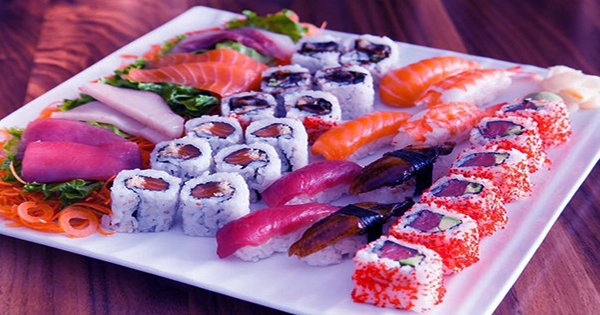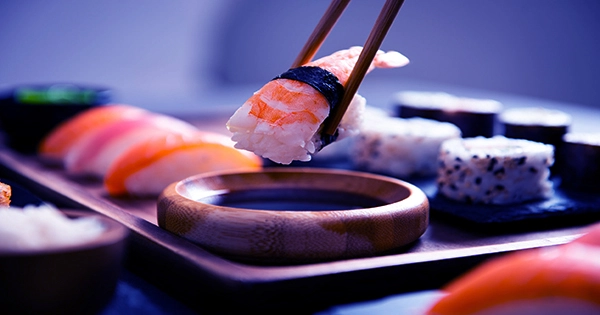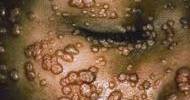Eating sushi is often a relatively safe hobby, with the exception of the potential for accidentally overdosing on wasabi. However, as with all uncooked foods, raw fish has the potential to contain bacteria and other pathogens that can result in food poisoning. According to the findings of a recent study, we should take these dangerous germs seriously.
One of the most typical illnesses brought on by eating seafood is certainly Listeria monocytogenes, which is the most feared of all the fishy antagonists. But the lesser-known Aeromonas genus of bacteria is also common in aquatic settings and is increasingly becoming a pathogen in people who eat raw fish.
The authors of the study looked for Aeromonas in raw fish products sold in Norway in order to evaluate the danger that it poses. They discovered 22 Aeromonas strains overall, representing eight distinct species.
“The results show that the mild processing these fish products receive does not guarantee that the growth of Aeromonas bacteria will be inhibited,” said study author Hyejeong Lee in a statement. She continues, “The majority of these Aeromonas variants are potentially pathogenic and frequently have multiple risk factors involved.”

The researchers discovered a collection of genes that allow the diverse bacterial strains they discovered in the fish to enter and kill host cells. “We observed the high incidence of enterotoxins,” they write. “Most strains contained several genes encoding major virulence factors related to adherence, motility, immune evasion, secretion systems, and toxins.”
It should come as no surprise that Aeromonas is linked to gastrointestinal and extraintestinal illnesses given that enterotoxins are chemicals that affect the digestive system.
The researchers also found evidence that Aeromonas may be involved in the growing antibiotic resistance dilemma, which is perhaps even more concerning. Due to the fact that these bacteria frequently exchange genetic material with other marine microbes, they may be able to acquire genes that allow them to survive antibiotics and pass those genes on to other bacteria.
“Some Aeromonas strains have the ability to transfer antibiotic resistance from one bacterial species to another. Consuming seafood contaminated with resistant bacteria is probably how these germs get from marine life and ecosystems to humans, according to Lee.
“Multiple AMR [antimicrobial resistance] genes […] were found in all Aeromonas strains,” the researchers report. Collectively, these results suggest “that Aeromonas strains circulating in the food chain could potentially be pathogenic and act as a vector for dissemination of AMR genes to other bacteria residing in the same environments,” they write.
















